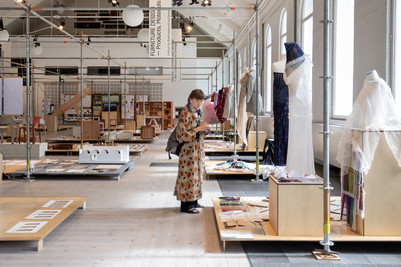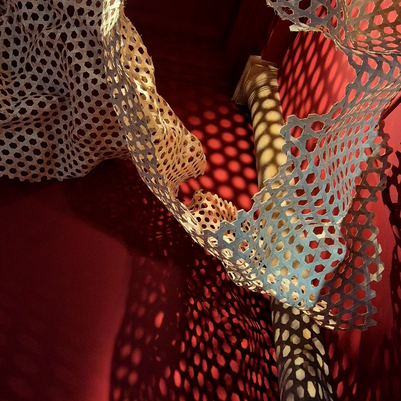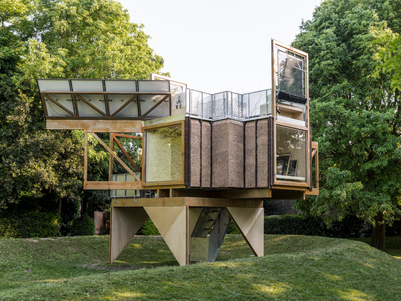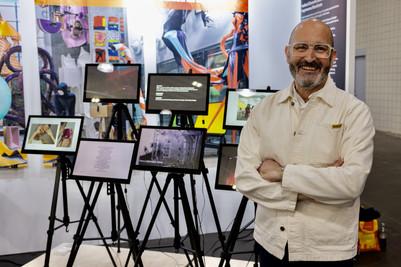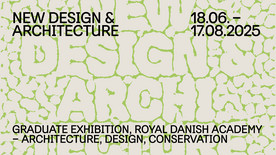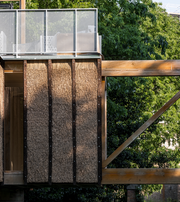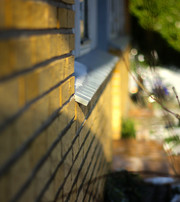
Daylight, Health and better Well-being, Glass as a catalyst for sustainable transformation of housing
PhD. Project by Torben Thyregod.
There is an urgent need for a more holistic and human-oriented focus when renovating existing housing.
A new focus towards a more genuine understanding of the importance of people’s health and well-being, living much of their lives indoors, inevitably involves the design and processing of the building skin. How to channel the benefits of daylight, in terms of both quality and quantity, into the lives of people is a central question. Evolutionary people belong to nature, attuned to the sun via the circadian rhythm, and we are meant to be exposed to daylight far more extensively than we are nowadays. However, since we spend most of our lives indoors, we need to find new ways to receive and harvest natural light.
By combining empirical analysis of significant window and facade solutions in the history of European architecture and the latest philosophical writings, this paper will look into various potentials, and try to define theses for future scenarios.
The following questions are posed: to what extent can a smarter use of glass create better living conditions in existing housing? What does transparency imply – simplicity or complexity? Are present references, practices and vocabulary incomplete? Can the facade be regarded as a double-faced, multifaceted surface, with the capacity to receive from nature and give in return to inhabitants and to the city, thereby creating a new culture? Can glass become the most vital material in renovation of existing buildings, replacing traditional insulation materials? Can indoors and outdoors be inseparable twins, aiming for the best liveability factors in both places?




